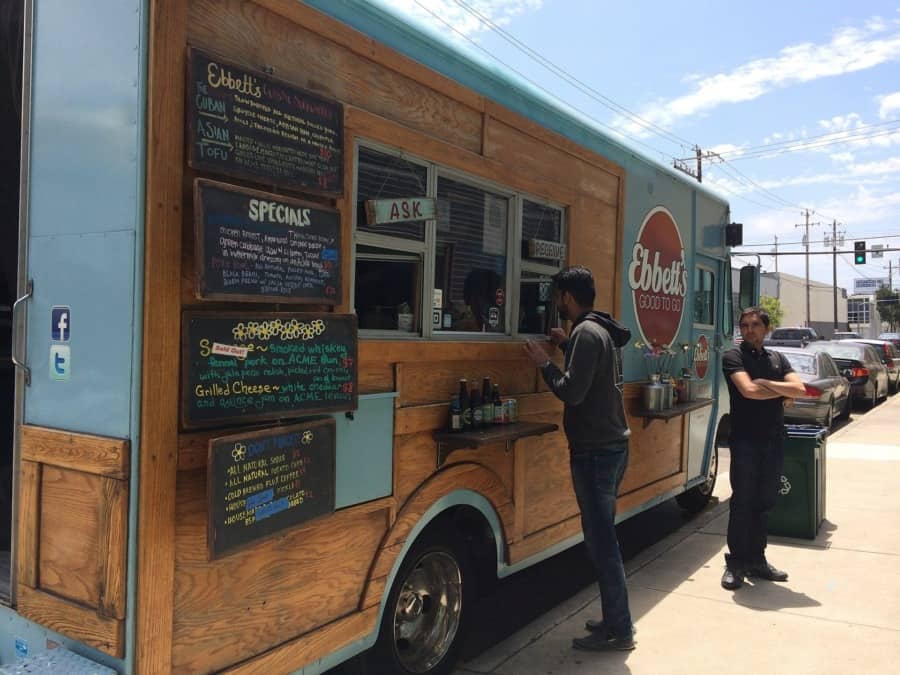
The ongoing government response to the Covid-19 pandemic has had considerable consequences on the profitability of owning a food truck business. With many entrepreneurs reporting that their income has been reduced by as much as 50%, 2020 has left many wondering if they should sell and move on or continue to grind.
Luckily, most local administrations are currently looking for ways to support food truck businesses and to enable them to find new ways to make money. Whether it is by lowering taxes or by extending the existing licenses, local administrations are not willing to send the food truck industry into debt.
As new local laws and decisions start supporting food truck businesses, entrepreneurs consider looking for new ways to increase their profits. These changes have also sparked the interest of many individuals who are new to this business, especially since several major companies and associations, including Food Trucks NYC, have started making it extremely affordable for individuals to borrow or buy food trucks.
Entrepreneurs now understand that they need to make changes to their business model to survive. They need to adapt to a world where people are far less outgoing than in the past and where they actively avoid groups or standing in line for food.
One of the most popular ways that entrepreneurs use to restart their businesses is to focus less on selling products as they have in the past and to start delivering food to people’s homes. Unfortunately, although there are countless guides that explain how to start a food truck business, very few of them include a hybrid business model where the company could also function as a delivery service.
This having been said, most food truck owners, especially those who only have a small, local business, are considering modifying their vehicles so that they could both sell food directly to those passing by, as well as package it for delivery.
The world is slowly adapting to the government restrictions and more efficient vaccines are being developed. As a result, more companies are looking for new ways to return their employees to their regular workplaces.
This return to a regular work scenario has presented itself as a profitable business opportunity for food truck companies, especially to those who can satisfy the needs of larger companies that have more than 100 employees.
These changes come as an addition to the many fairs and events that have been organized across the US, such as the Monterey County Fair, or the PCC Foundation’s fundraiser fair.
From hauling groceries to catering for events such as small weddings, food truck businesses have managed to survive by adapting and evolving. It now remains to be seen if the business owners will maintain these practices as the pandemic subsides or if they will return to their regular business model once the virus-related restrictions are no longer enforced. Regardless of the outcome, food trucks have become an essential part of many communities and individuals from all over the United States have shown that they are willing to support these businesses by whatever means possible.








